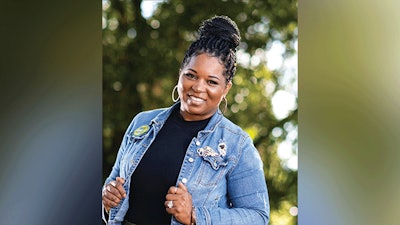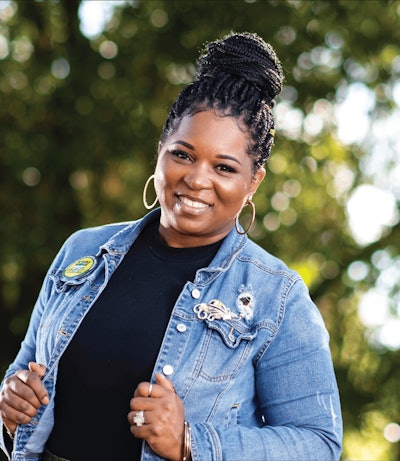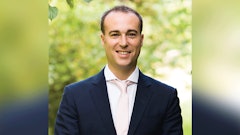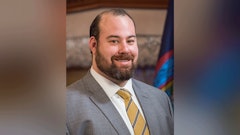

Larger cannabis companies possess the financial resources but often lack the local-level trust and connections needed to cultivate a culturally inclusive industry. Minorities for Medical Marijuana (M4MM) works to build that bridge, providing outreach, training, and education to help create a more diverse industry, founder and CEO Roz McCarthy says.
Through nine national programs, such as Cannabis Business Licensing Bootcamp, which offers education for minority, women, veteran, and small business owners, M4MM equips its clients with information, referrals, mentors, and other resources needed to navigate the cannabis industry.
M4MM, a nonprofit organization that launched in 2016 in Orlando, Fla., has 27 state chapters throughout the U.S., international chapters in Toronto, the U.K., and Jamaica, and two chapters at historically Black colleges and universities.
While M4MM has fostered trust in its communities through state-level volunteers, the organization’s next focus is to partner with cannabis organizations, businesses, and entrepreneurs to help drive its programs and diversify the industry, McCarthy tells Cannabis Business Times.
Tony Lange: What is M4MM most proud of accomplishing as an organization in 2021?
Roz McCarthy: We started Project Clean Slate (PCS), which is our expungement program and education. Hawthorne Social Justice Fund came on as our program partner, and that was the first time we had an organization that granted us the resources needed to run a full-service program. The Hawthorne team said, “Roz, tell us what work you need to do, give us a budget.” It felt like we were being taken seriously and given the opportunity in a true grant process. We ended up facilitating PCS programs in 10 states last year where we either provided our expungement education or we did an expungement clinic.
TL: Are corporate partnerships a focus for M4MM in 2022?
RM: Yes. We have nine programs. Our goal is to find a program partner for each one. When it comes to community-based activism, advocacy at the community level, we have the trust of the community. They know our brand, they know who we are, they know our intentions are good. We have longevity. So, if an organization wants to do outreach and community work, partner with us, let us do it in your name or together, but let us drive that. A lot of times, an organization in the space says, “Hey, we want to go out and be this big community organizer, but we’ve never done it before. And people out here really don’t trust us.” Trust, especially in the Black community, has always been an issue when it comes to looking at things like access to health care and social justice policy reform. We believe that M4MM can be that bridge between community and industry.
TL: What mission unifies the M4MM chapters?
RM: Our focus is advocacy, outreach, education, and public policy. Any one of our core areas of focus where there’s a policy conversation going on, M4MM wants to be a part of that conversation, and it doesn’t always have to be something on social equity. Policy issues such as access to care, workplace protection for employees who utilize medical cannabis, and veteran services are examples of issues we are also passionate about. Our team has the ability to create some guidelines and some recommendations, pushed out by National Public Policy Director Eric Foster. We have codified language for our chapters to share with their state lawmakers. So, if you want to know what binds us together, it’s our advocacy—being able to be fearless and speaking up and speaking out about normalizing cannabis and cannabis use.
TL: How does M4MM’s “stronger together” hashtag reflect its diversity, equity, and inclusion efforts?
RM: There is strength in numbers when effecting change on issues that are important to the organization. If you just hear it from me, that’s one thing. But when you hear about the importance from many people and it is the same messaging, there’s a common note of information and resources shared in each respective state we serve. M4MM was built on the premise of working together, and that was the reason for creating the state chapters.
























